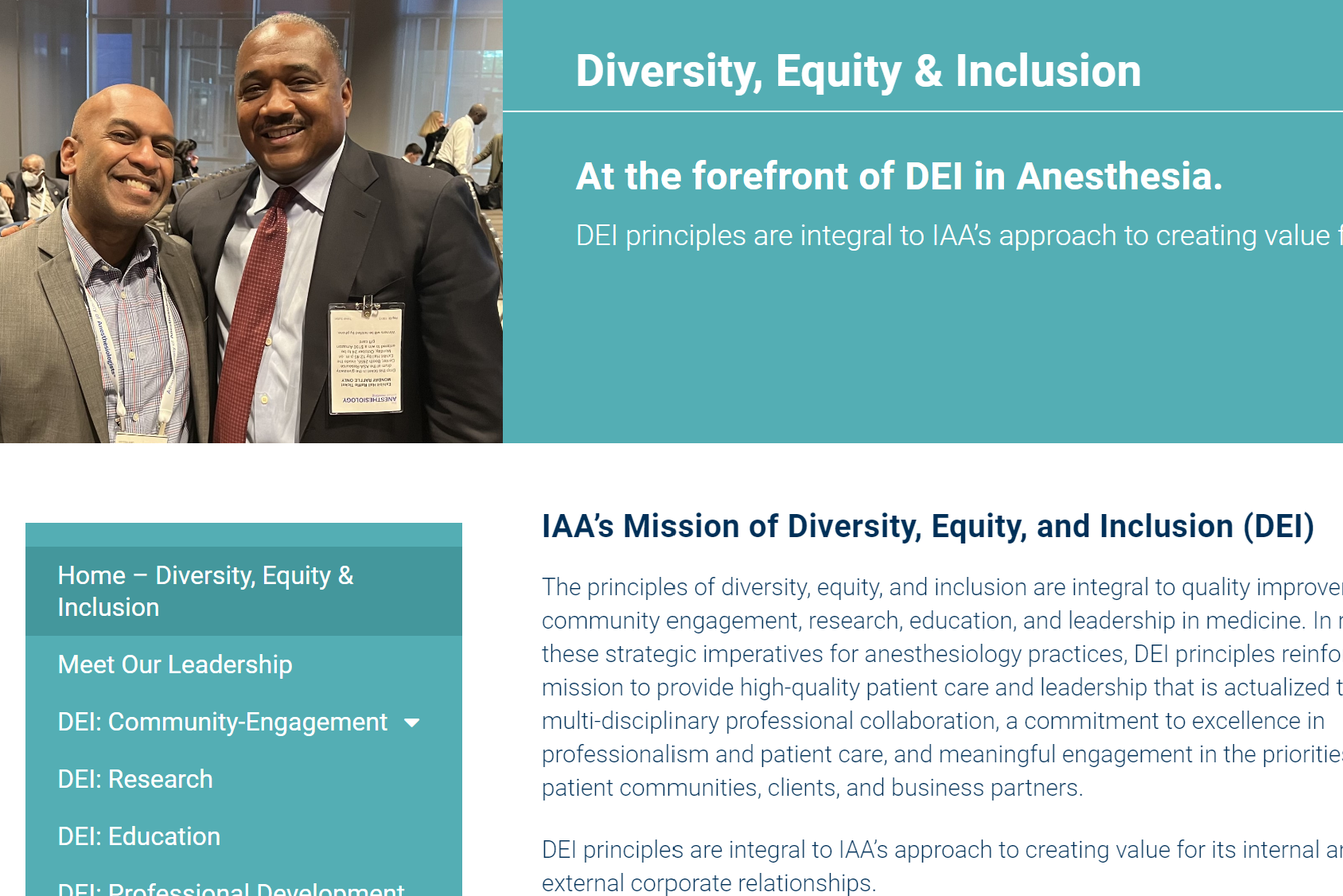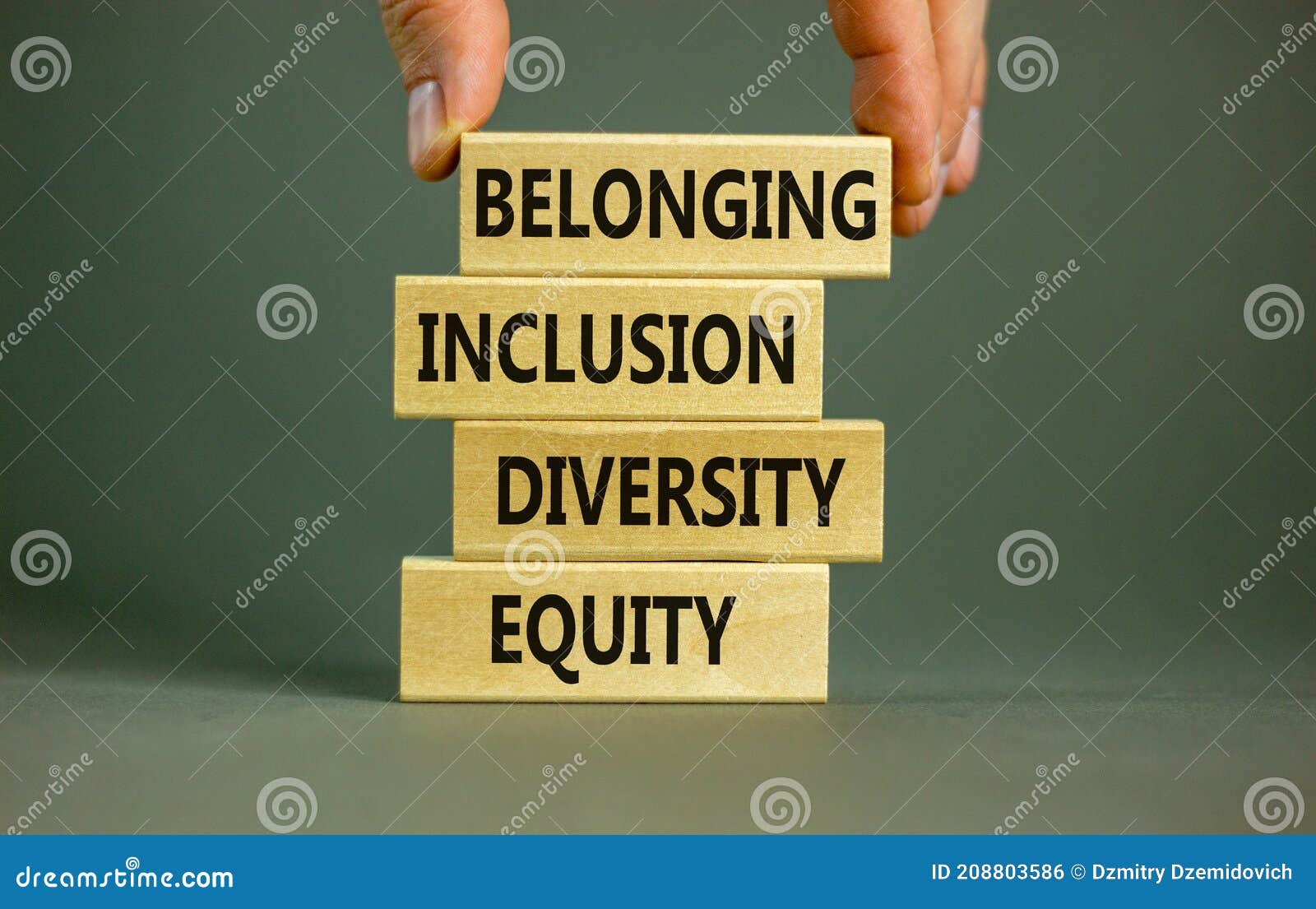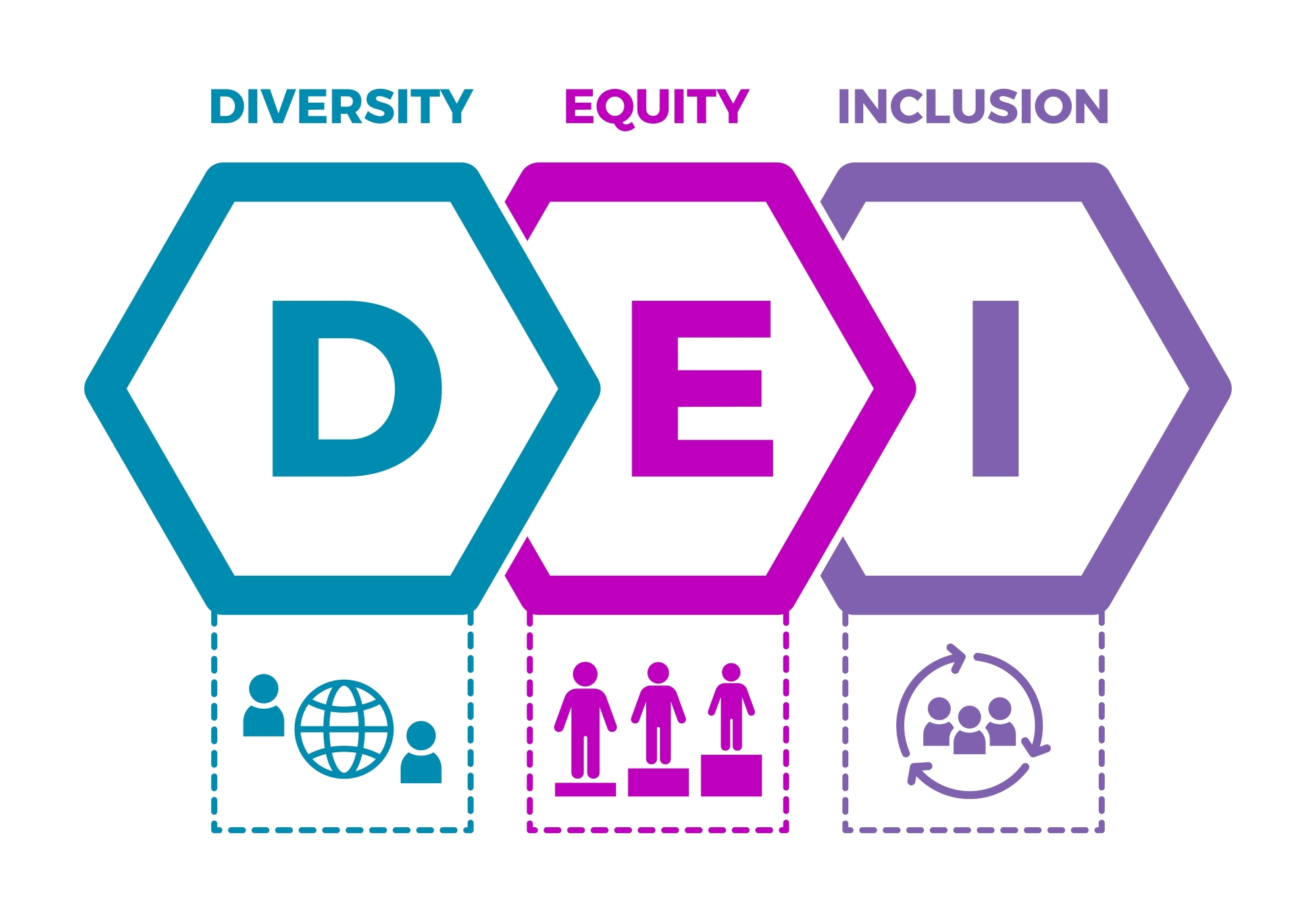Seeking to foster a more inclusive and equitable society? Empowering Diversity, Equity, and Inclusion: The Essential Guide to DEI Initiatives is an indispensable resource for driving positive change.
Editor's Note: Published today, this guide recognizes the critical importance of diversity, equity, and inclusion (DEI) in shaping a just and prosperous world.
Through rigorous analysis and expert insights, Empowering Diversity, Equity, and Inclusion: The Essential Guide to DEI Initiatives equips organizations and individuals with the knowledge and tools to create meaningful and lasting DEI initiatives.
Key Takeaways:
| Key Takeaway | Description |
|---|---|
| Creating an Inclusive Culture | Fostering a welcoming and supportive environment for all members of the organization. |
| Promoting Equitable Opportunities | Ensuring fair access to resources, advancement, and growth for all employees. |
| Addressing Systemic Barriers | Identifying and dismantling obstacles that hinder the success of underrepresented groups. |
Main Article Topics:
- Defining Diversity, Equity, and Inclusion
- Benefits of DEI Initiatives
- Developing a DEI Strategic Plan
- Measuring and Evaluating DEI Progress
- Building and Sustaining a DEI-Conscious Organization
FAQ
Explore answers to frequently asked questions regarding diversity, equity, and inclusion (DEI) initiatives, offering valuable insights and guidance for fostering inclusive and equitable environments.

2023 DEI initiatives report: Inside the lighthouses | McKinsey - Source www.mckinsey.com
Question 1: What is the significance of DEI in organizations?
DEI is crucial for organizations as it promotes diverse perspectives, enhances innovation, fosters a sense of belonging for employees, and improves overall business performance.
Question 2: How can organizations measure the effectiveness of their DEI initiatives?
To gauge the effectiveness of DEI initiatives, organizations can track metrics such as employee retention, employee satisfaction, and representation of underrepresented groups at various organizational levels.
Question 3: What are some common challenges organizations face in implementing DEI initiatives?
Implementing DEI initiatives can involve challenges such as resistance from individuals or groups, lack of leadership commitment, and difficulty in embedding DEI into organizational culture.
Question 4: How can individuals contribute to fostering inclusivity in the workplace?
Individuals can champion inclusivity by being respectful of diverse perspectives, using inclusive language, supporting underrepresented colleagues, and challenging biased behavior.
Question 5: What is the role of leadership in promoting DEI?
Leadership plays a pivotal role in driving DEI by creating a vision for inclusivity, setting expectations for inclusive behavior, and allocating resources to support DEI initiatives.
Question 6: How can organizations create a sustainable DEI culture?
Building a sustainable DEI culture requires ongoing commitment from leadership, embedding DEI into organizational policies and practices, providing training and development opportunities, and fostering a sense of accountability for inclusive behavior.
DEI initiatives are essential for organizations seeking to foster inclusive and equitable environments where all individuals feel valued and respected. By addressing common concerns and misconceptions, these FAQs provide practical guidance for organizations and individuals alike to embark on successful DEI journeys.
Transitioning to the next article section: Understanding the Impact of Unconscious Bias in the Workplace
Tips
Discover practical strategies to foster a truly inclusive environment by reading Empowering Diversity, Equity, And Inclusion: The Essential Guide To DEI Initiatives. These tips provide a comprehensive guide to creating and implementing successful diversity, equity, and inclusion (DEI) initiatives within your organization.

IAA’s New Diversity, Equity, and Inclusion (DEI) Initiatives Take - Source iaapartners.com
Tip 1: Establish a Clear DEI Vision and Mission: Define the specific goals and objectives your organization aims to achieve through DEI initiatives. Communicate this vision and mission to all employees to ensure alignment and buy-in.
Tip 2: Create a Diverse and Inclusive Leadership Team: Promote diversity at all levels of leadership to foster a culture of inclusion and understanding. Seek out and recruit individuals with diverse backgrounds, experiences, and perspectives to bring a wider range of voices to the decision-making process.
Tip 3: Implement Inclusive Hiring and Promotion Practices: Review and revise hiring and promotion processes to ensure they are fair and inclusive. Train hiring managers on unconscious bias and provide opportunities for underrepresented groups to participate in the hiring process.
Tip 4: Provide Training and Education on DEI: Offer ongoing training and education programs on DEI topics to all employees. This includes training on unconscious bias, inclusive communication, and the importance of creating a welcoming and respectful workplace.
Tip 5: Create Employee Resource Groups (ERGs): Empower employees to form or participate in ERGs based on shared identities or experiences. These groups provide a safe space for employees to connect, support each other, and advocate for their needs.
Tip 6: Establish a DEI Council or Committee: Form a cross-functional council or committee responsible for developing, implementing, and monitoring DEI initiatives. This group should include representation from various departments and levels of the organization.
Tip 7: Track and Measure DEI Progress: Establish metrics and track progress to measure the effectiveness of DEI initiatives. Regularly review data and make adjustments to ensure continuous improvement.
Remember, creating a truly inclusive workplace is an ongoing journey that requires commitment from all levels of the organization. By implementing these tips , organizations can foster a culture of respect, equity, and belonging for all employees.
Empowering Diversity, Equity, And Inclusion: The Essential Guide To DEI Initiatives
Empowering Diversity, Equity, and Inclusion (DEI) is a pivotal component of fostering a workplace and society that values and respects all individuals. To achieve this goal, it is crucial to implement initiatives that focus on six key aspects:
- Representation: Ensuring diverse representation in all levels of an organization.
- Belonging: Creating a culture where everyone feels valued and respected.
- Equity: Providing equal opportunities for all, irrespective of their background.
These aspects are interconnected and essential for establishing a truly inclusive environment. For instance, Representation can lead to Belonging, which in turn fosters Equity. By focusing on these aspects, organizations can reap the benefits of DEI, such as enhanced creativity, innovation, and productivity.

Diversity, Equity, Inclusion DEI Symbol. Words DEI, Diversity, Equity - Source cartoondealer.com
Empowering Diversity, Equity, And Inclusion: The Essential Guide To DEI Initiatives
"Empowering Diversity, Equity, And Inclusion: The Essential Guide To DEI Initiatives" provides a comprehensive understanding of the interconnectedness between diversity, equity, and inclusion (DEI) in organizations. It offers practical guidance on developing and implementing effective DEI initiatives that foster a culture of belonging, respect, and fairness for all employees. By embracing diversity and promoting equity, organizations can create inclusive workplaces where all individuals feel valued and empowered to reach their full potential.

Diversity, Equity, and Inclusion Defined - Cogwheel Marketing - Source cogwheelmarketing.com
A key component of DEI is recognizing and addressing systemic barriers that prevent marginalized groups from fully participating in the workplace. This requires a commitment to equity, which involves creating fair and just opportunities for all employees regardless of their background or circumstances. Inclusion, on the other hand, ensures that all employees feel welcomed, respected, and valued as part of the organization. By fostering a sense of belonging, organizations can create a workplace where everyone feels empowered to contribute their unique perspectives and experiences.
The practical significance of understanding the connection between DEI is evident in its positive impact on organizational performance. Studies have shown that diverse and inclusive workplaces are more innovative, productive, and profitable. They also have higher employee engagement and retention rates. By embracing DEI, organizations can create a more positive and supportive work environment that benefits all employees.
Table: The Connection Between Diversity, Equity, and Inclusion
|---|---|---|
| Representation of different backgrounds, perspectives, and experiences | Creating fair and just opportunities for all employees | Fostering a sense of belonging and respect for all employees |
| Benefits: Innovation, creativity, and problem-solving | Benefits: Increased employee engagement and retention | Benefits: Positive work environment, improved communication, and collaboration |
| Challenges: Overcoming biases, creating a welcoming culture | Challenges: Addressing systemic barriers, ensuring equal access to opportunities | Challenges: Creating a sense of belonging for all employees, regardless of their differences |
Conclusion
"Empowering Diversity, Equity, And Inclusion: The Essential Guide To DEI Initiatives" emphasizes the critical importance of fostering a culture of diversity, equity, and inclusion in the workplace. By embracing DEI, organizations can create a more positive, productive, and equitable work environment for all employees. This commitment to DEI not only benefits individuals but also strengthens the organization as a whole, leading to increased innovation, creativity, and profitability.
The journey towards DEI is an ongoing process that requires continuous effort and commitment from all levels of the organization. By understanding the connection between diversity, equity, and inclusion, organizations can create workplaces where everyone feels valued, respected, and empowered to succeed.